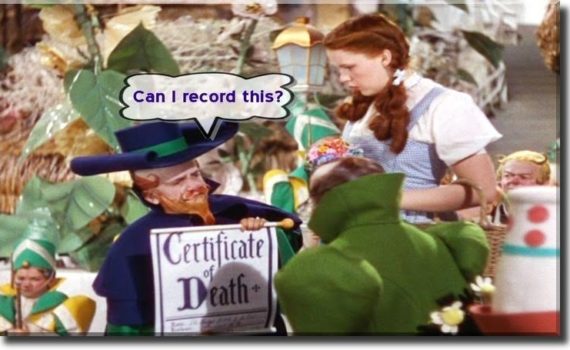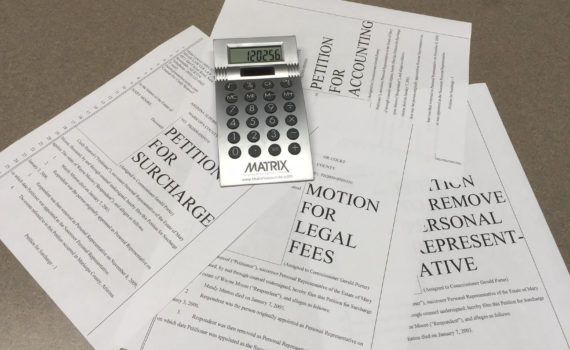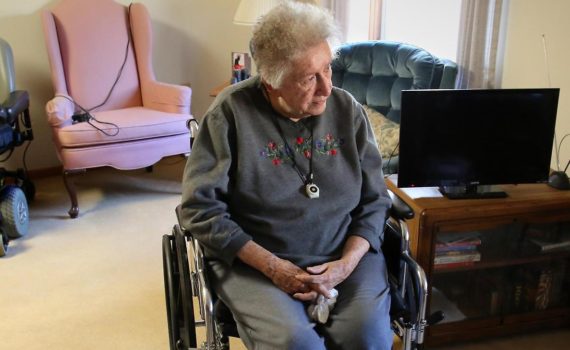
How to Create a Family Dynasty
I’ve been studying how to create a family dynasty for the last 10 years. It turns out that there are 8 Keys to a family’s long term success. I’ll explain the importance of these 8 Keys by telling this story. In 2012, I was fortunate to spend a couple of days with the adventure photographer, writer, filmmaker and wilderness guide Michael Powers in Half Moon Bay, California – about 40 miles south of San Francisco. Michael is an avid ocean kayaker, and prefers riding the big waves at Half Moon Bay on his kayak—what’s called kayak surfing.
Michael took me kayak surfing at Mavericks where the waves routinely crest at 25 feet but can get to 60 feet! I had never before been kayaking, and I had never been kayaking on the ocean, let alone a destination for extreme surfers. What I learned is that you need to have balance, momentum and persistence to get past the initial waves, which are called “breakers.”
The breakers treated me like a homeless person at a country club brunch. At least once I remember tipping over with my legs still stuck in the kayak and—being the beginner I was—trying to figure out how to extract myself while holding my breath and trying to avoid leaving parts of my face among the submerged sand and rocks.
About 50 feet from shore, the waves turned into giant swells. If you timed it just right, and had your kayak angled just right, you could glide down these swells like you were sledding. If not, well you would be trying to get back on a kayak while the giant waves kept coming at you, without being able to touch the ground.
Here’s what I found most interesting. There is a distinct difference between the area close to shore, where the breakers keep trying to push you back, and the open water. Sure there are dangers in the open water as well. But the rules are different. In the open water, you can focus on having fun. But close to shore, you just keep getting pushed back.
This reminds me of how most families are in terms of being able to preserve and grow their wealth from generation to generation. From a long-term (multi-generational) wealth enhancement standpoint, most families never get past the breakers. That’s why having a family dynasty is so rare. Until fairly recently, it has required a minimum of roughly $50 million for a family to be able to implement all of the systems necessary for a family to prosper indefinitely (especially the family office component). But things have now changed. With the help of new options—multi-family offices, outsourcing companies, and new technologies—families no longer need to hire full time staff to ensure their long-term success.
Most families prosper for a lifetime, and then leave some measure of wealth to their kids. If the family is somewhat sophisticated or owns a profitable business, the second generation may be able to hold onto that wealth for their lifetimes. But the initial wealth rarely survives to the end of the third generation.
At Half Moon Bay, I was able to get past the breakers when I was kayaking for the first time, largely because I had a good coach. And I believe that families can get past the financial breakers and create long-term wealth that will survive more than 100 years—even with less than $50 million in net worth—if they follow the steps of other families that have made it.
In the coming blog posts, I will introduce the 8 Keys to a family’s long term success (i.e., how to create a family dynasty). For more information, go to EachGenerationStronger.com.
















